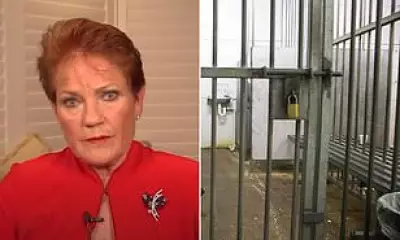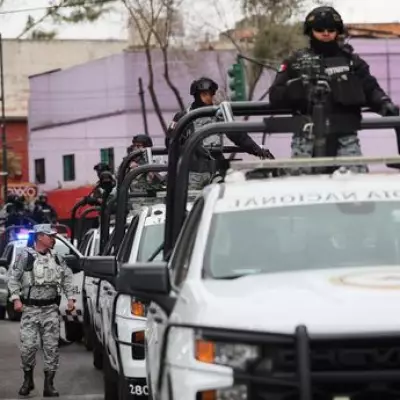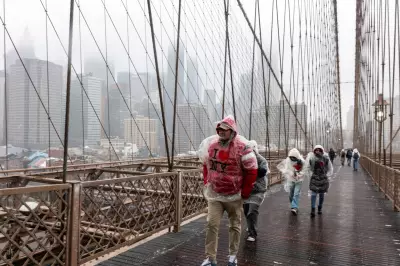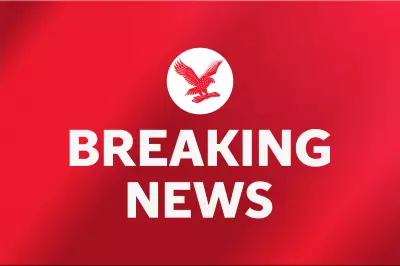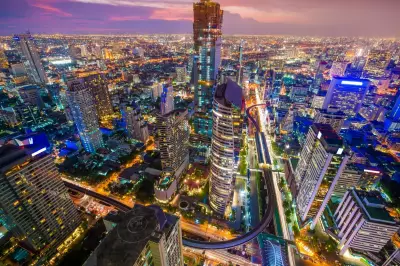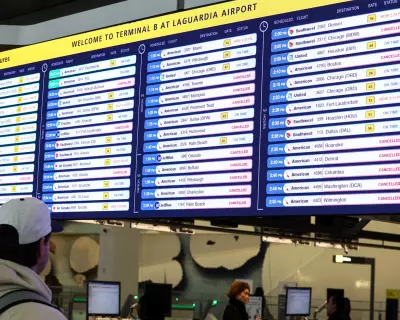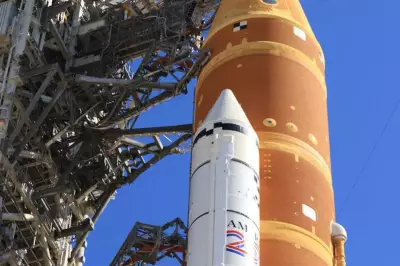Entertainment
Tim Gunn Reveals 43-Year Celibacy After Heartbreak and AIDS Fear
Project Runway star Tim Gunn, 72, disclosed on Chelsea Handler's podcast that a cheating ex-boyfriend led him to celibacy for 43 years, fearing AIDS during the 1980s crisis.
Sports
Minnesota Vikings Mourn Former Player Ronyell Whitaker's Death
The Minnesota Vikings are mourning the loss of former player Ronyell Whitaker, who has died at age 44. Whitaker played for the Vikings in 2005 and had a career spanning multiple NFL teams.
Politics
Mexican Army Eliminates Top Cartel Leader 'El Mencho' in Major Security Operation
The Mexican military has killed Nemesio Oseguera Cervantes, leader of the Jalisco New Generation Cartel, sparking nationwide violence and creating a major power vacuum in Mexico's criminal underworld.
Crime
Father's Five Words After Arrest for Murder of Convicted Rapist Intruder
Ben Batterham faced murder charges after tackling a convicted rapist who broke into his daughter's bedroom. The intruder died from drug-related heart issues, not the restraint.
Business
Health
Weather
NYC Mayor Declares Emergency and Travel Ban for Blizzard
New York City Mayor Zohran Mamdani has declared a local state of emergency and issued a travel ban as the city prepares for its first dangerous blizzard in over a decade, with up to 24 inches of snow forecast.
NYC Mayor Declares Emergency and Implements Travel Ban
New York City Mayor Zohran Mamdani has declared a local state of emergency and ordered a travel ban as the city prepares for its worst blizzard in over a decade, with schools closed and non-essential vehicles restricted.
Thailand Hit by 6.5 Magnitude Earthquake After Borneo Quake
A significant magnitude 6.5 earthquake has struck Thailand, as reported by the German Research Centre for Geosciences. This seismic event follows a magnitude 6.8 quake in Borneo, highlighting regional tectonic activity.
US Northeast Braces for Blizzard with Heavy Snow and High Winds
A severe winter storm is hitting the US Northeast, with blizzard warnings from Maryland to Massachusetts, over 6,000 flights cancelled, and residents urged to stay indoors.
East Coast Blizzard: 12,000 Flights Delayed, 18 Inches Snow Forecast
A severe nor'easter batters the East Coast, causing massive flight cancellations and delays while forecasters predict up to 18 inches of snow and dangerous blizzard conditions across multiple states.
Tech
Get Updates
Subscribe to our newsletter to receive the latest updates in your inbox!
We hate spammers and never send spam
Environment
UK Geography Quiz: Test Your Knowledge
Challenge yourself with 100 multiple-choice questions about the geography of the United Kingdom. Perfect for students, travelers, and geography enthusiasts.








